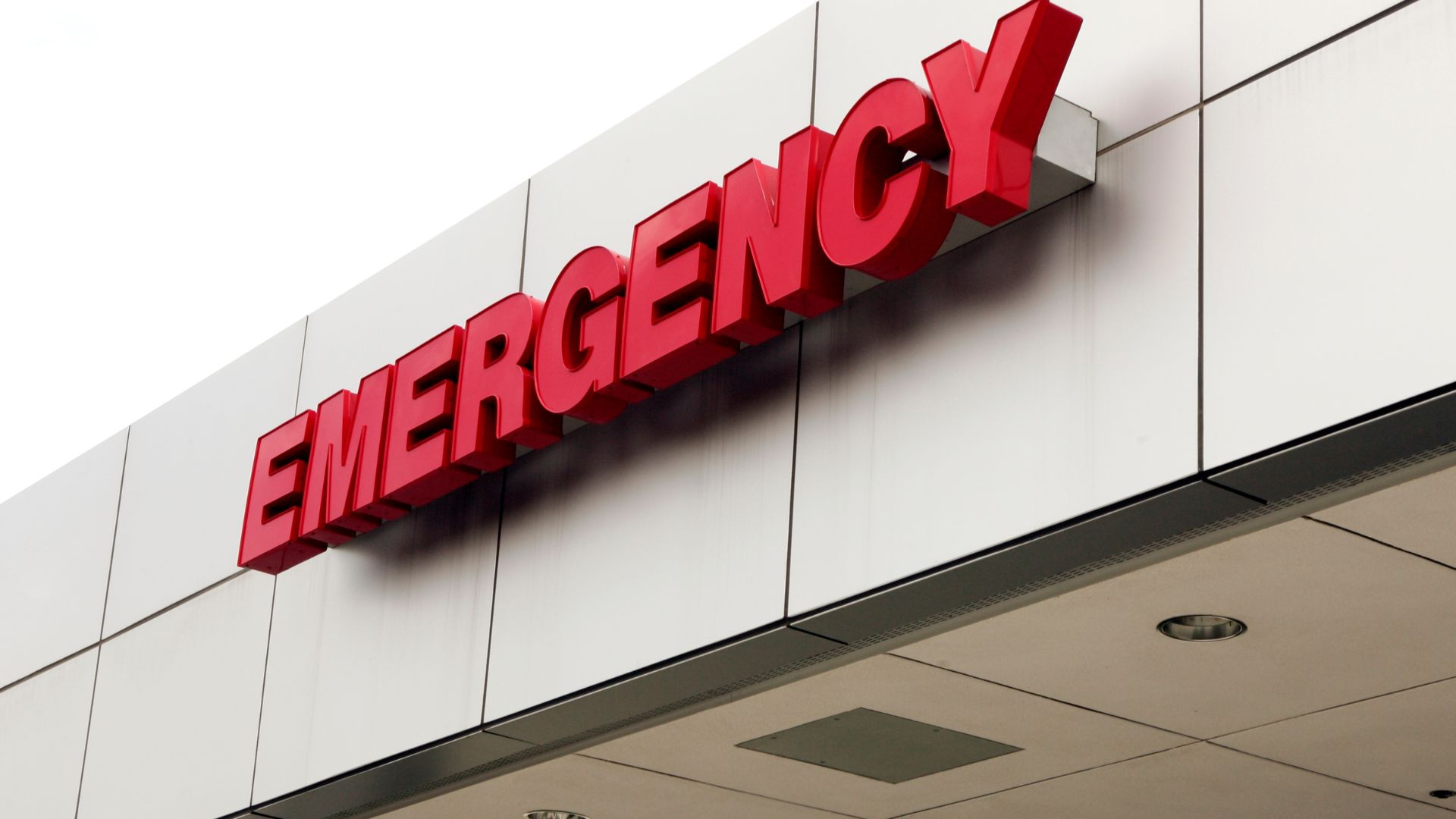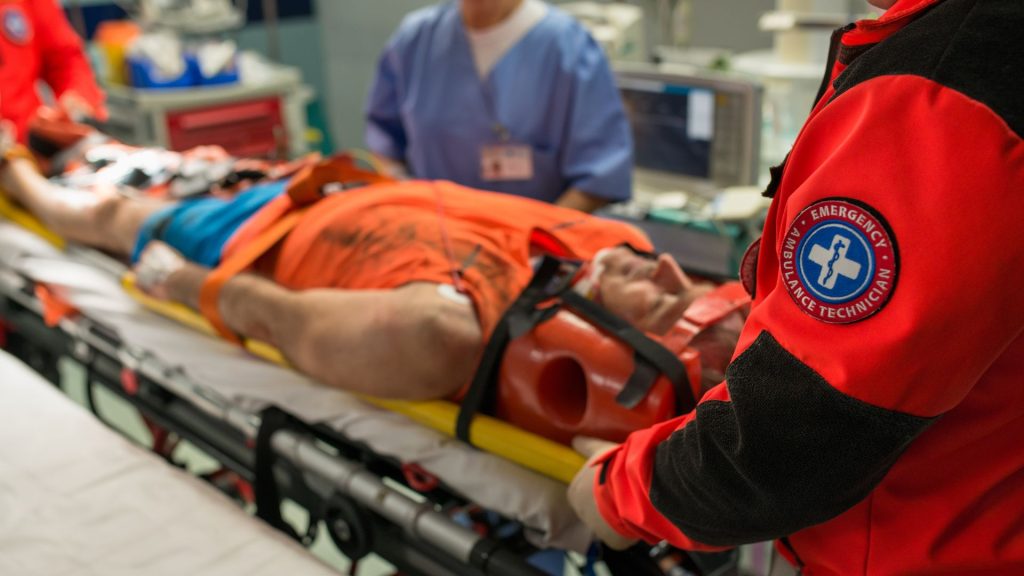Why Emergency Department Visits Are On the Rise

Substance Abuse, Mental Illness, and a Rise in Emergency Department Visits: A Concerning Trend with No Signs of Deceleration
Recent studies have shown a concerning trend in substance abuse and mental illness – an increase in emergency department (ED) visits related to substance abuse-induced mental illness. The Centers for Disease Control and Prevention (CDC) report that substance use disorders affect tens of millions of Americans, with nearly 22 million adults struggling with substance use disorder in 2018 alone (SAMHSA, 2021). Mental illness is also highly prevalent in this population, with up to 46% of people living with a substance use disorder suffering from mental health issues (National Institute on Drug Abuse, 2020).

Given the increasing rates of substance abuse and associated mental illness, it comes as no surprise that substance abuse-related ED visits have also increased. The Substance Abuse and Mental Health Services Administration (SAMHSA) reports that substance abuse-related mental crises accounted for 1.9 million ED visits in 2017 alone – an 82% increase since 2005. SAMHSA also reports that substance-related ED visits comprised 10 percent of all ED visits nationally, with the highest rate being seen among adolescents aged 12–17, followed by individuals between the ages of 18 and 25.
Download our white paper: The Rise of ED Visits.
Alarmingly, the rate of substance abuse-induced emergency department visits is showing no signs of slowing down, with SAMHSA estimating that substance use disorders could account for 3 million annual ED visits by 2025 (CDC, 2020). These findings suggest the need for a comprehensive approach to substance abuse-related mental illness that includes preventative strategies to reduce substance use rates, increased access to quality treatment services for those already suffering from substance use disorders and mental health issues, as well as follow-up care and monitoring of individuals at risk for relapse or further health complications. Without such interventions, emergency departments will continue to be overwhelmed with substance abuse-related visits.
Therefore, it is imperative for emergency departments across the U.S. to collaborate with mental health partners to institute innovative models of care for substance abuse-related mental illnesses. This includes integrating interdisciplinary teams of mental health professionals to address the complex needs of this population and help reduce the number of substance abuse-related emergency department visits. Without targeted interventions, both short-term and long-term consequences — ranging from increased acute healthcare costs to substantial social harms — are likely to occur.

Impact of substance abuse-related mental illness grows
The long-term repercussions of substance abuse-induced mental illness can be dire. Not only does it place an immense burden on both the individual and their families, but it also strains our healthcare system overall. Taking proactive steps to address substance abuse-related mental health disorders now will help reduce their impacts on public health in the future.
In conclusion, substance abuse-related mental illness is a growing problem with far-reaching impacts on individuals, families, and communities. To address this issue, we must prioritize substance abuse treatment and the integration of mental health services that can provide early intervention, prevent further harm, and reduce the volume of ED visits related to substance abuse-induced mental
illness. By doing so, we are taking steps toward providing greater access to quality mental health care for those experiencing substance use disorders and mental illness, while freeing emergency departments from the excessive cost and burdens related to ED visits from this populace.

How your hospital can benefit from Psychiatric Medical Care's inpatient management services.
Our hospital partner management services can help you:
- Reduce risks associated with lack of inpatient mental health services
- Reduce readmissions
- Provide valuable mental health services to meet the needs of your community
- Reduce throughput time for busy emergency departments
- Provide behavioral health resources for de-escalation for your hospital and emergency department
PMC's Inpatient Management Structure Provides:
- Clinical/operational oversight of the behavioral health program
- 24/7 on-call operational support
- Adherence to national standards and best practices
- Compliance with federal requirements for key staff members
- Core measurement of success management
- Development and maintenance of quality indicators for KPIs
- Environment of care GAP analysis
- Growth and outreach planning, execution of the plan, and evaluation
- Oversight of behavioral health policy processes
- Policy and procedure GAP analysis
- Provide an inpatient toolkit filled with best practices and processes
- Recruitment/supervision of key personnel, including Program Director (RN),
- Medical Director, Social Workers/Therapists, Recreational Therapist, and a
- Growth & Outreach Manager
For more information about reducing patient stays, readmissions and improving mental health services in your community hospital contact PMC at 615-647-0750 or email info@psychmc.com.
If you or someone you know is in need of a behavioral health placement, behavioral health referral, or experiencing a mental health emergency or crisis, please do not use this website. Instead, use these crisis resources to speak with someone now or access local support.

